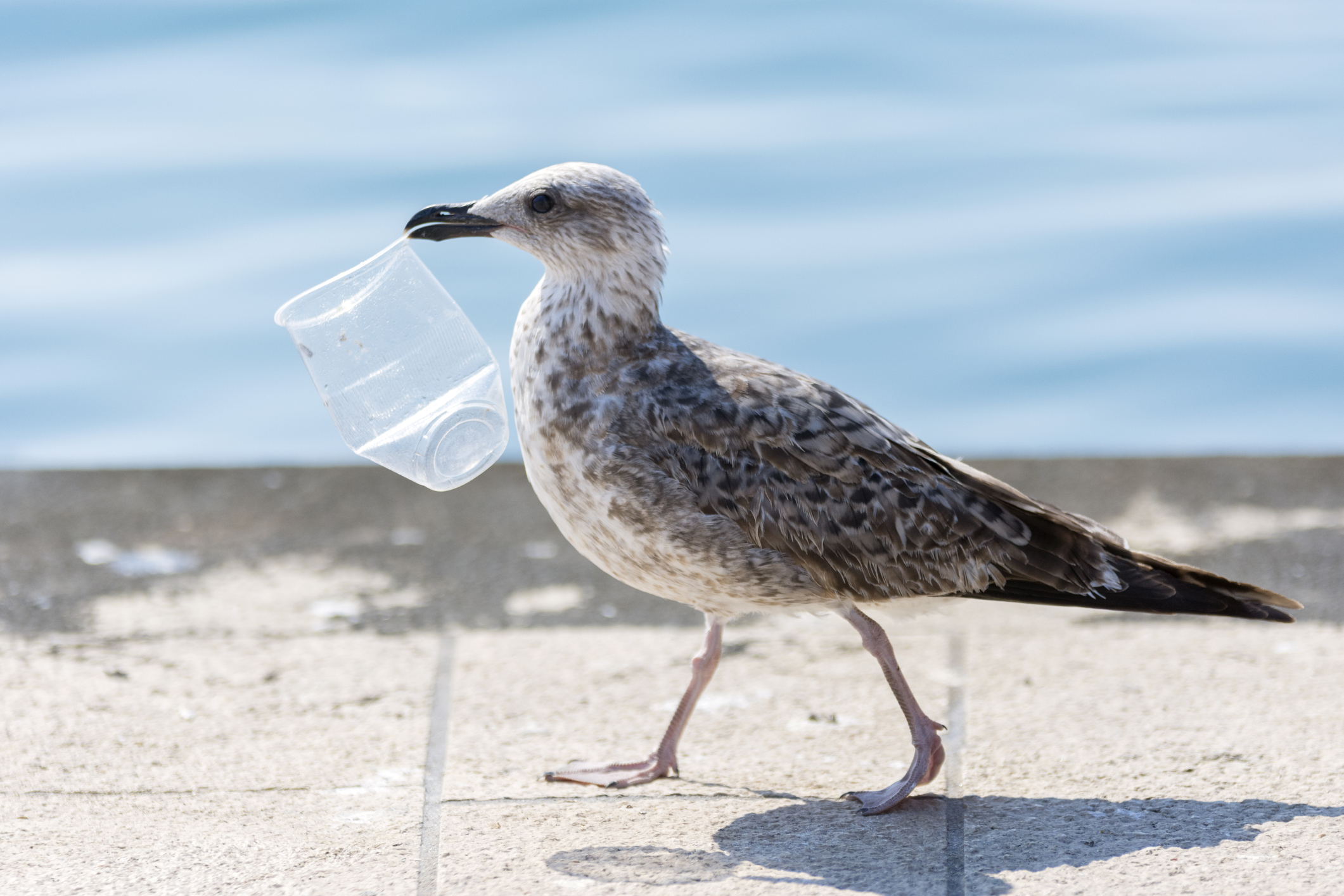Let’s seriously address the problem of plastic waste

Do you think that human beings are the ‘cancer’ of this planet? This question emerges from the shocking findings of a study conducted by the United Nations in the last few weeks. It appears that humans are the cause of most of the environmental damage on land and in the sea. One main cause of this disaster is pollution from plastic.
Water bottles have become a main source of plastic waste, together with straws, plastic cutlery, plastic containers and other objects made out of this material. Plastic remains are piling up at landfills, blocking drains, polluting water pipes and diminishing biodiversity. Plastic waste on the streets and on the beaches as well as in other public places is becoming an eye sore.
Other forms of plastic are polluting land and sea. These include shopping bags that are still being given out in shops, bubble wrap used to wrap objects, electricity wires, some plastic toys, garden furniture, detergent or bleach bottles, bottle tops and thousands of other objects.
Just about eighteen percent of plastic waste is recycled in the world. The rest is thrown away. To take an example, hundreds of billions of water bottles that we drink from, and which could easily be recycled, are being thrown away as rubbish every year.
Sea pollution has increased tenfold since 1980. This pollution is threatening fish stocks that people eat. Fine plastic is being found in fish’s guts.
All this leads us to say that not enough is being done to address the curse of plastic waste. Why are some products still being used, such as plates, glasses, stirrers and cotton buds, when there are alternatives to plastic on the market that are affordable? Drink companies, for example, should use biodegradable containers rather than the traditional plastic bottles.
The best policies and rules promote the highest rates of recycling and prevent plastic waste in public places. We can learn from Germany, the world champion in recycling, that recycles almost all the plastic. In Berlin, for example, poor people provide an environmental service by rummaging through public skips for bottles and depositing them in specialised machines found in supermarkets that pay them for their trouble. Imagine if an attractive monetary incentive were offered to the poor in all the countries to encourage them to pick up bottles and other plastic waste and deposit them at the shops.
Also, an environmental tax on plastic can help Government to raise enough money to incentivise the picking up of all plastic remains. Commercial companies also need to contribute to cover the expenses of waste management and cleansing.
Let us not make a mistake. The curse of the plastic waste is seriously damaging the welfare of the world environment, including contamination of the water we drink and the food we eat. If we do not address the problem urgently, according to some studies, there will be more plastic than fish in the seas by 2050. Also many more people will die of cancer and other environmental diseases.
